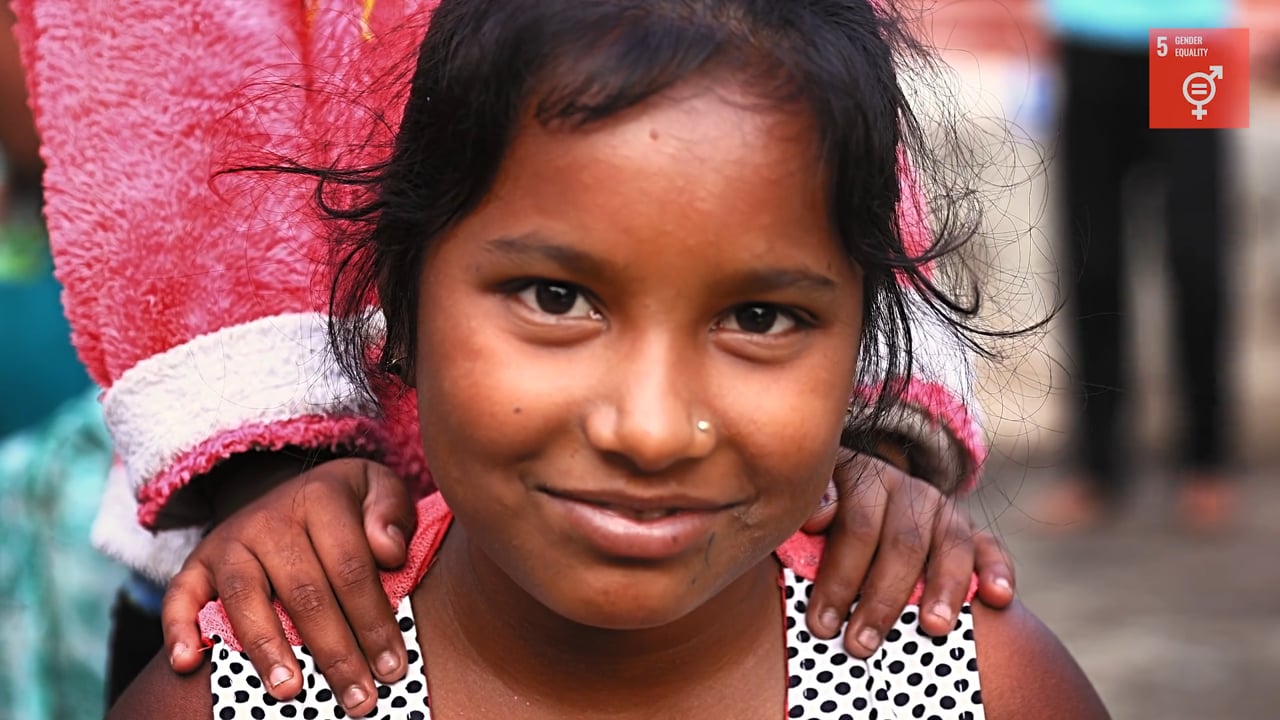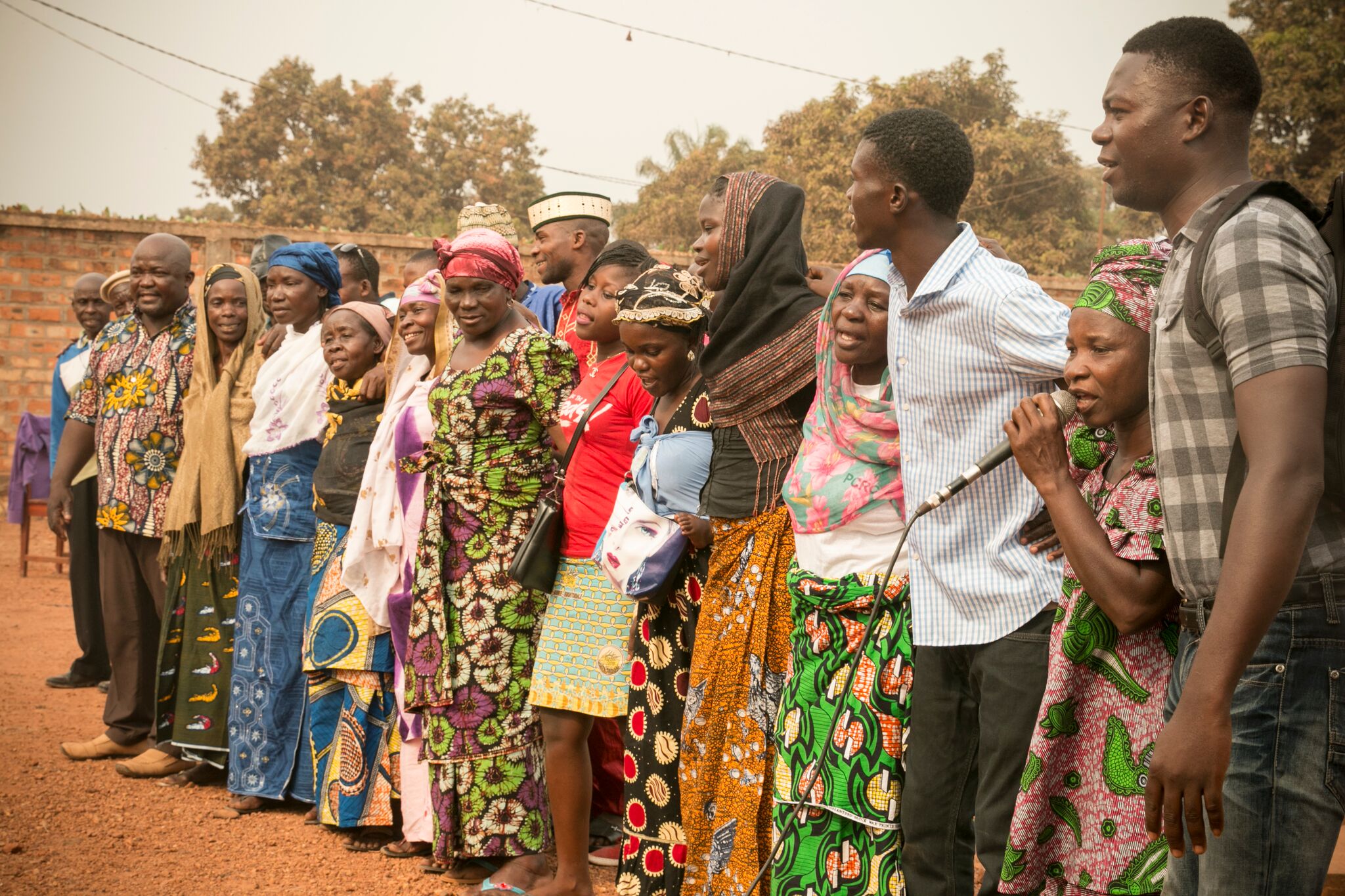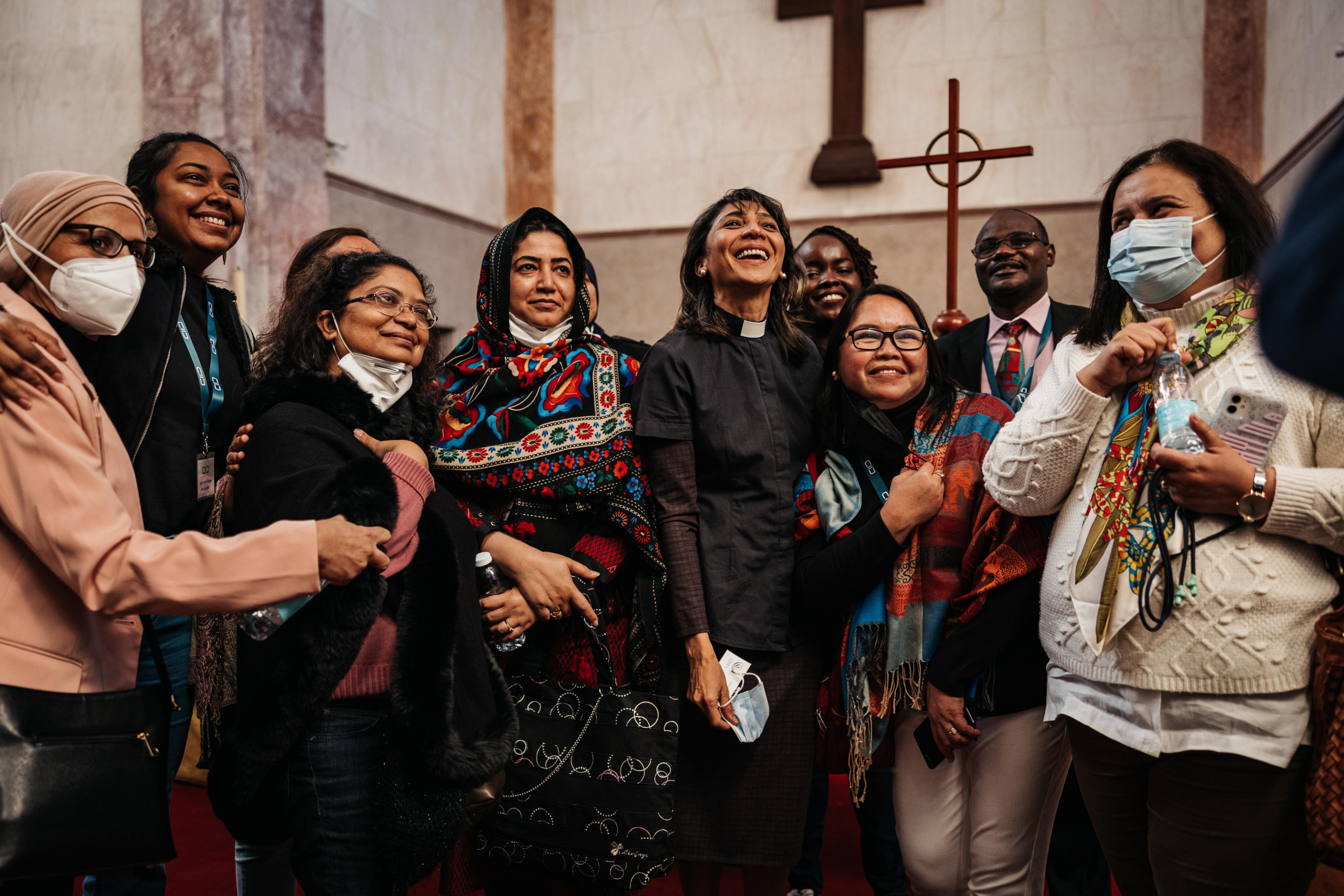Dialogue Voices
The Dialogue Voices are personal accounts of interreligious commitment and experience. They show approaches to, and forms of, interreligious dialogue, and its impact and context on a local, national, or global level. They represent a cross-section of dialogue experiences and its impact worldwide.
India: Equal Rights and Opportunities for Women and Girls
Women and girls are routinely denied equal access to education, health care, decent work, and fair wages. These barriers to opportunity help explain why only about one in four national parliament seats and managerial positions are held by women, leaving their views and concerns woefully underrepresented in decision-making processes. Taken together, the social, economic, and political inequalities that limit women’s potential have undeniably hindered our ability to achieve sustainable development.
One of the biggest obstacles to gender equality is early marriage, which disproportionately affects girls. In 2019, one in five young women was married in childhood. At least 1.5 million girls under the age of 18 get married in India each year, accounting for a third of the world’s child brides. Child marriage violates children’s rights and puts them at higher risks of violence, exploitation, and abuse. For most child brides, marriage also means the end of formal education, severely crippling their ability to develop knowledge and skills needed to help lift their families and communities out of poverty.
Goal 5 aims to achieve gender equality and empower all women and girls. Success means eliminating discrimination, violence, and other harmful practices that affect them including trafficking, exploitation, genital mutilation, and early/forced marriage. This requires universal access to sexual and reproductive health and rights so that women can make their own decisions. Unpaid care and domestic work, which women perform at a rate three times higher than men, should be recognised, valued, and shared within households and families. Balancing these duties and giving women equal rights and access to resources will increase their leadership opportunities in political, economic, and public life. To achieve these targets, governments should adopt and strengthen sound policies and enforceable legislation promoting gender equality and women’s empowerment at all levels.
Religious leaders and faith-based organizations have critical roles to play in ending child marriage and achieving gender equality. As trusted authorities capable of influencing positive change in their communities, more and more faith leaders are refusing to perform child marriages and using their sermons and teachings to raise awareness about its harmful effects. They’re also collaborating with development actors and publicly working to find solutions that empower women and girls and champion their dignity and human rights.



